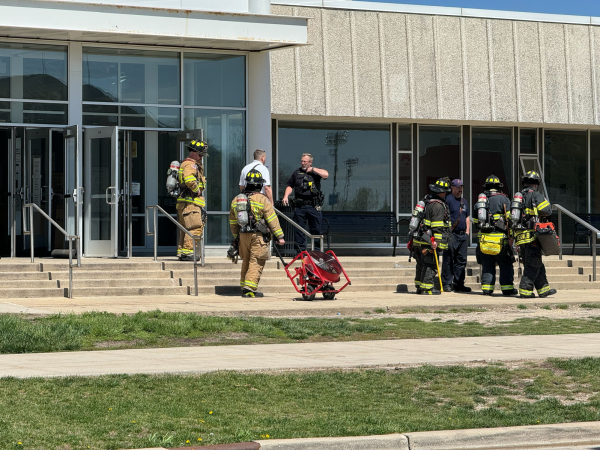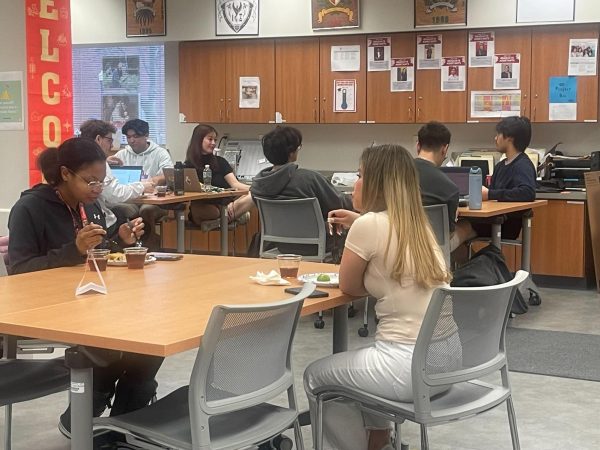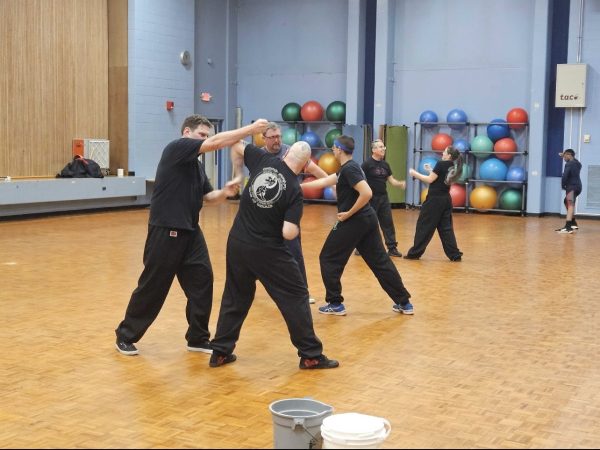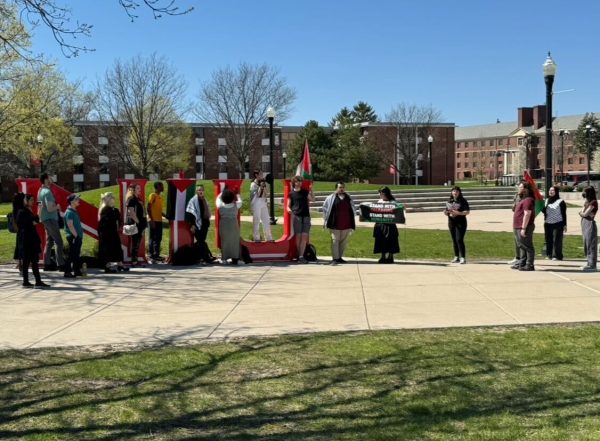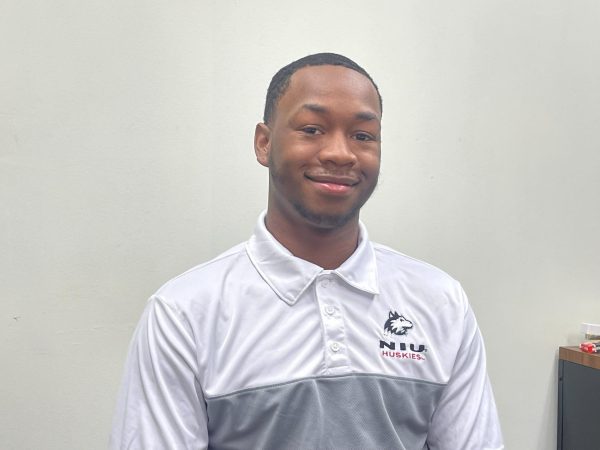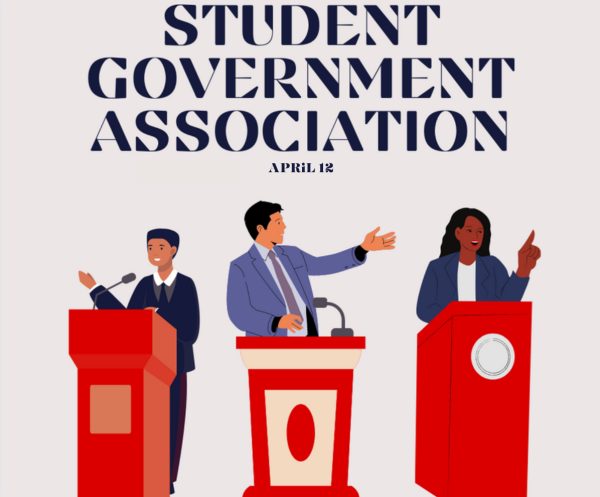‘DEAR PROFESSOR…’
April 3, 2006
With seemingly the whole world centered on the Internet, it is no surprise e-mail has fast become a popular form of communication. However, some students fail to realize how they come off in an e-mail and that it can have a negative or positive affect on how they are perceived by professors and can even affect grades.
“Many students have no idea how their e-mails read,” said Marvin Hill, professor of business administration. “Do they ever use spell check? Do they use nouns and verbs in a consistent manner? Alas, God did not create everyone equal. One week of reading student e-mails will demonstrate this to all concerned.”
While e-mail does allow students to contact teachers outside of class, some fail to use proper English, punctuation or tone. The failure to do so may lower the professor’s opinion of the student and can even be found offensive by professors.
“My biggest gripe about student e-mails is the lack of attention paid to basic grammar and spelling,” said Kay Forest, associate professor and chair of the sociology department. “Sloppy e-mails read like sloppy papers or poor exams. This is especially defeating when the student is requesting leniency in grading or some other reconsideration of his or her course performance or a job recommendation.”
Students should pay attention to the appropriateness of the questions. Questions too in-depth should have been asked in class, or were answered in class and have no place in professor e-mails, said Forest. Requesting lecture notes or asking about the importance of a missed lecture also are complaints of professors.
While Hill does not have specific guidelines for his students to follow when e-mailing him, he has received many inappropriate e-mails.
“For example, ‘I missed class today. Did you cover anything important?'” Hill said. “This is a mass lecture where we never, never take roll. The response: ‘No, we didn’t cover anything important, just went in and talked about unimportant material that we intend to include on the exam.'”
No matter how perfect the grammar, how eloquent the salutation or how professional the signature, not all questions are best suited for e-mail. This is why, in this information age, professors still hold office hours and allow questions in class.
“Anything that takes me longer than five minutes to answer, however, triggers a request for a face-to-face meeting,” Forest said. “I often find that a brief meeting after class can resolve most issues that exceed e-mail treatment, particularly when I need to ask follow-up questions. Generally I reserve office appointments for conversations about a student’s grade in the course or other confidential information.”


